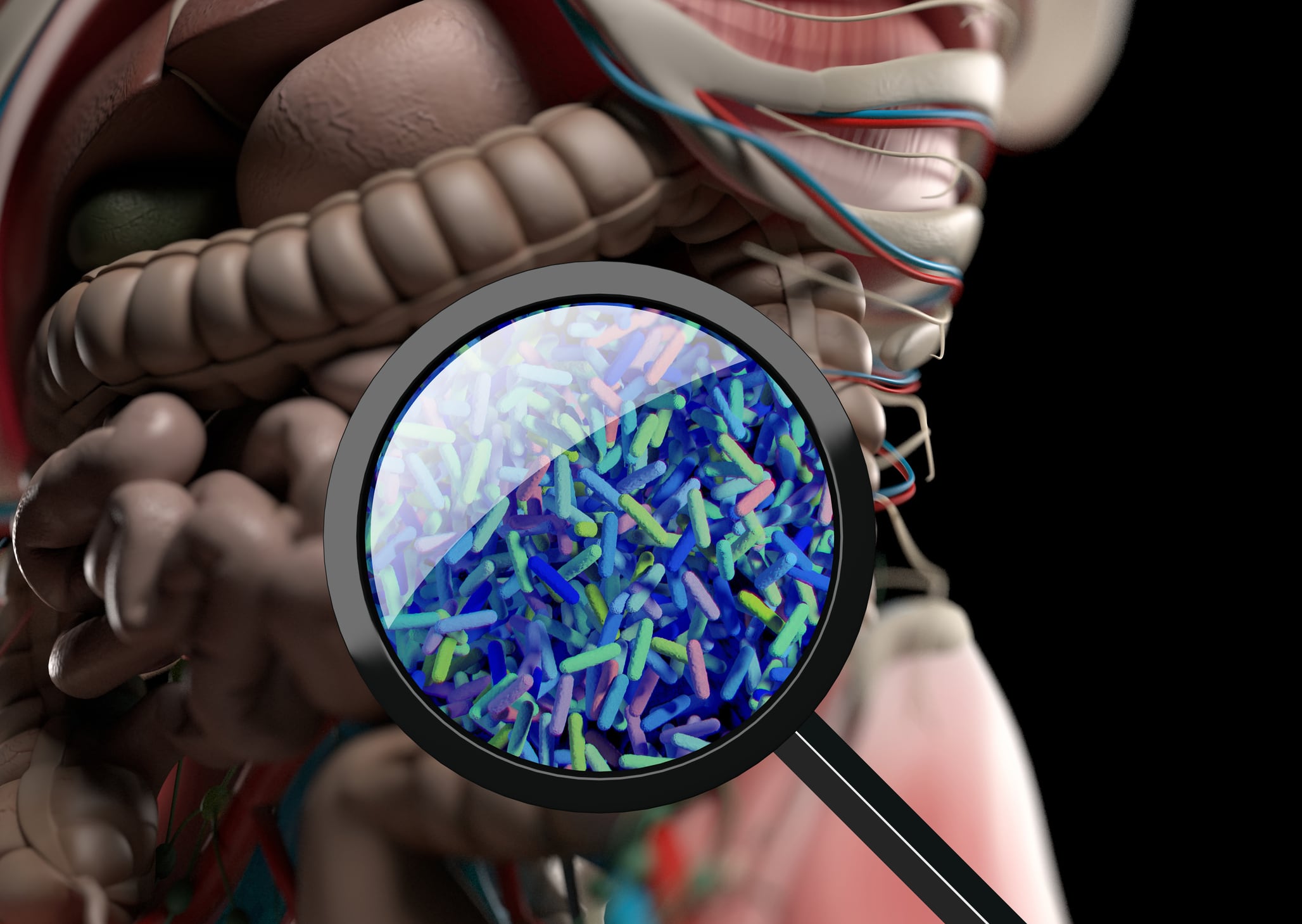The research examining childhood obesity was presented last month at the American Heart Association's virtual Epidemiology, Prevention, Lifestyle & Cardiometabolic Health Conference.
Moira Differding, a PhD student in Epidemiology at Johns Hopkins Bloomberg School of Public Health in Baltimore, led the study. She said that being able to identify modifiable early life factors that are associated with early childhood weight gain is an opportunity for prevention of cardiovascular risk factors and heart disease later in life. “That's why we zeroed in on microbiota in children."
She added that previous studies involving animals and older people have suggested disruption in gut microbiota can lead to low-level inflammation, which could contribute to weight gain and obesity.
According to the latest statistics from the Centers for Disease Control and Prevention, obesity affected over 13% of children ages 2-5 in 2017-18, with the figure rising above 20% among 6- to 11-year-olds.
The study
Researchers first examined microbiota extracted from stool samples of more than 200 babies in New Hampshire, at 6 weeks and then again at 1 year old. From there, they measured their BMI up to age 5.
Two types of bacteria stood out: Klebsiella and Citrobacter. Previous research has found that an overgrowth of some of gram negative bacteria such as Citrobacter and Klebsiella has been identified as a cause of bloating. The researchers noted that a higher abundance of these two types of bacteria in the stool of 6-week-old babies was associated with higher BMIs as they got older. The same was true for the bacteria Prevotella found in the stool of 1-year-olds. It is worth noting that these findings are considered preliminary until this research is published in a peer-reviewed journal.
Differding explained that an infant's microbiota could be affected by everything from environmental factors, to diet to antibiotics. Discovering this potential link to obesity and how to minimize certain microbiota could help fight obesity later in life.
Differding said that the body has to learn which bacteria are acceptable and which are not. "If there are disruptions in the first year of life, this causes problems early on. And if it isn't fixed right away, the body might react later with a more inflammatory response."
Breastfeeding—or not
Differding said bacteria levels among infants who were breastfed were less associated with higher BMIs, but that more results are needed to prove a link. The study is ongoing, she said. Differding added that other studies have shown breastfeeding can reduce childhood obesity, though not necessarily because of microbiota.
"But beyond breastfeeding, we need to figure out how these bacteria might be causing child obesity. It's important to fix the microbiota early in life so we can reduce the potential of obesity later, whether babies are breastfed or not."
Source: American Heart Association's virtual Epidemiology, Prevention, Lifestyle & Cardiometabolic Health Conference
“Breast Milk-dependent Associations Of Infant Gut Microbiota With Childhood BMI Z Score”
Authors: M. Differding et al.




